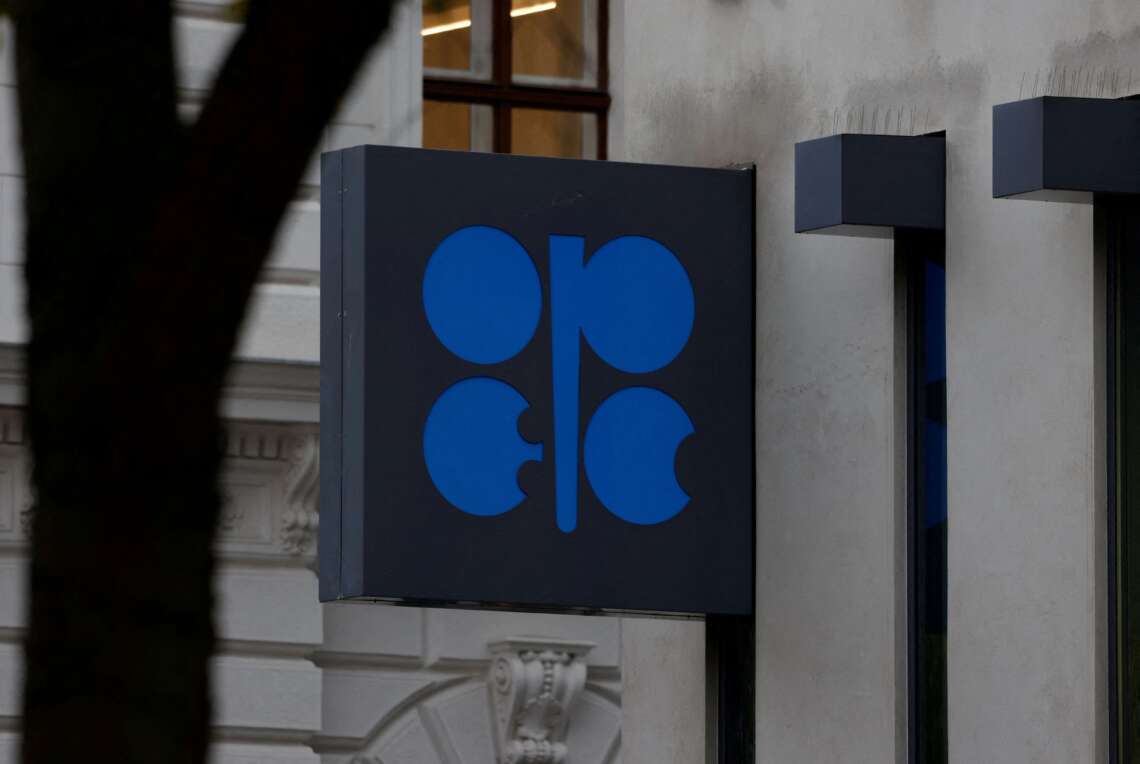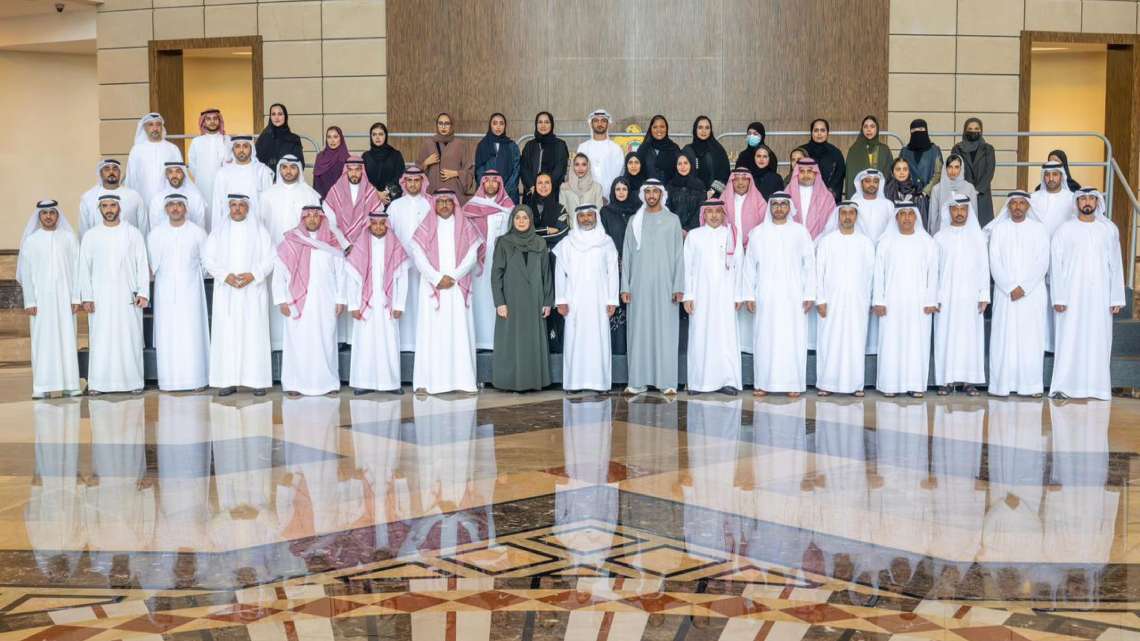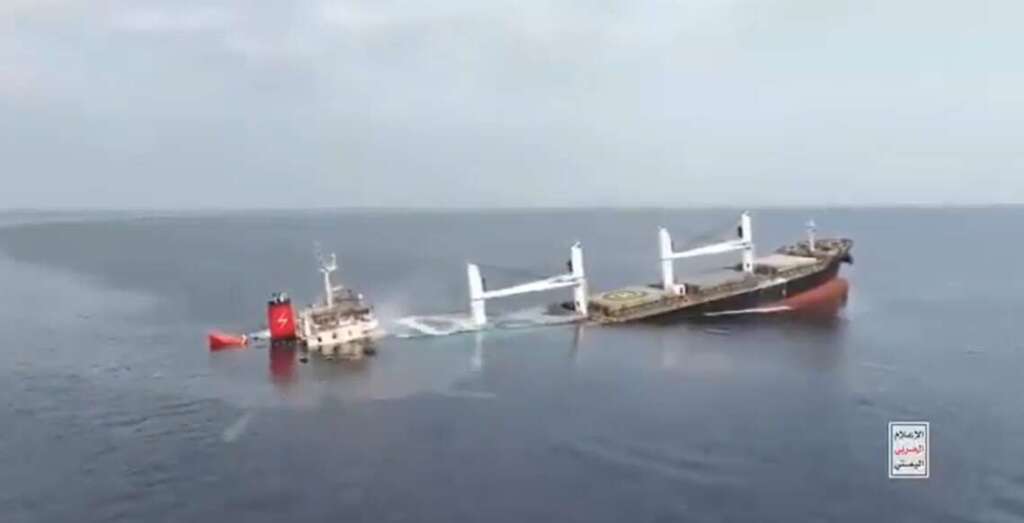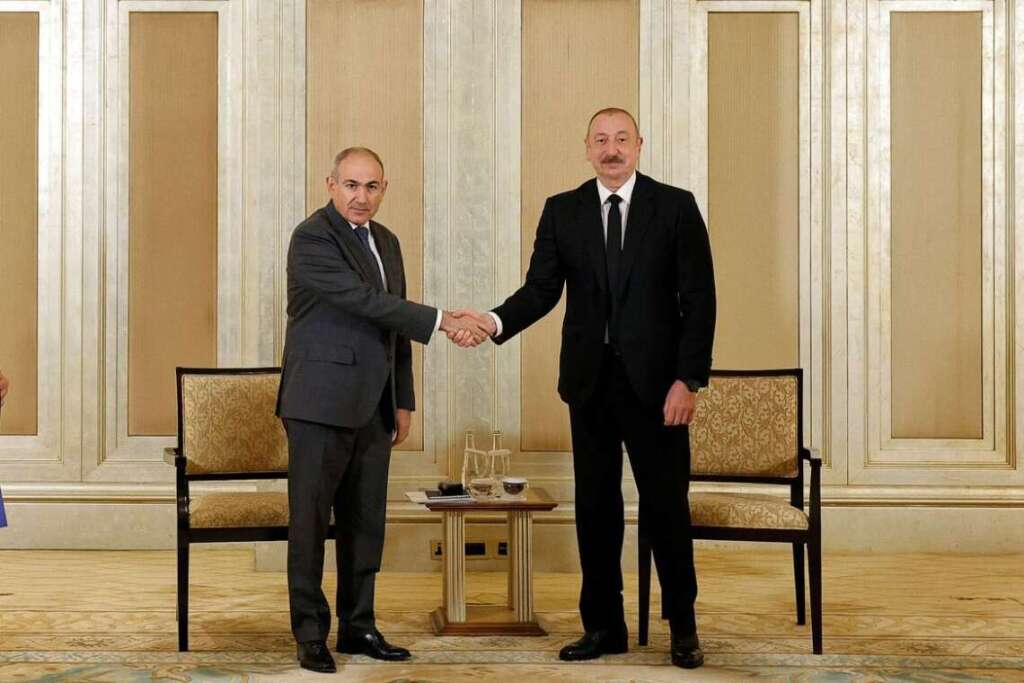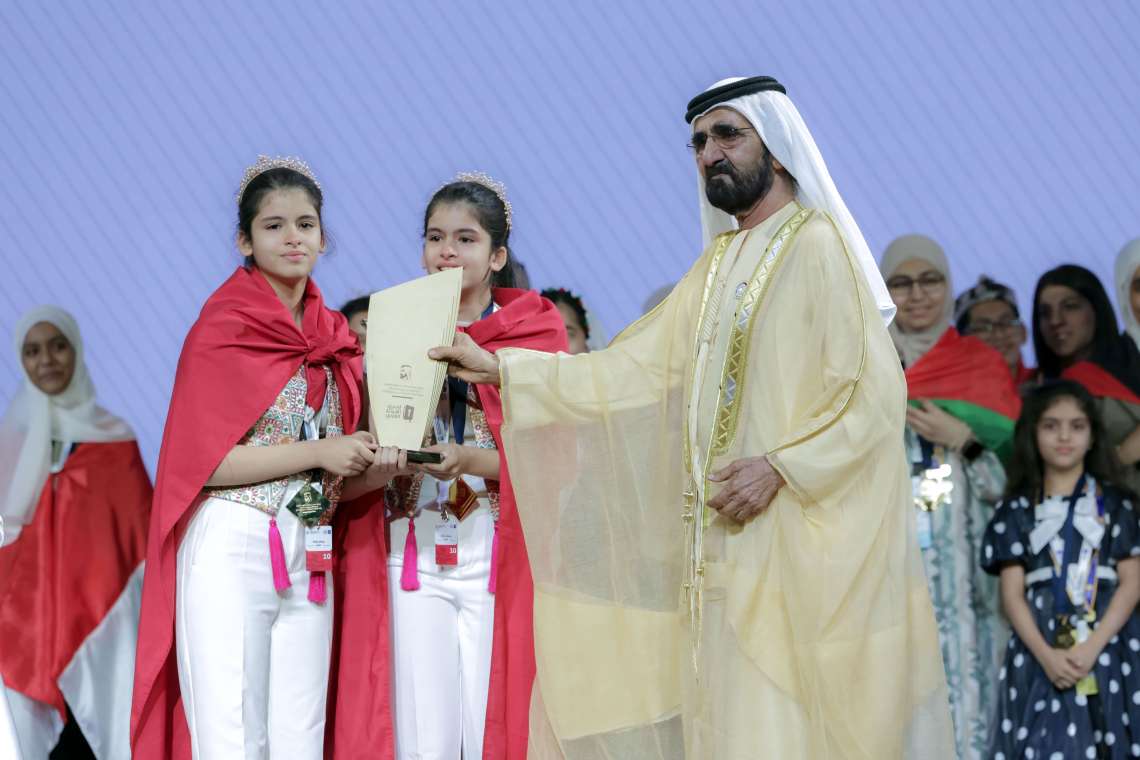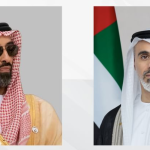UAE sticks to 5 million bpd oil output goal as OPEC launches new World Oil Outlook at Vienna seminar…reports Asian Lite News
Haitham Al Ghais, Secretary-General of the Organisation of the Petroleum Exporting Countries (OPEC), has warned that the world will require significantly more energy in the coming decade and urged global stakeholders to ensure that oil supplies are delivered reliably, affordably, and securely.
Speaking on the sidelines of the 9th OPEC International Seminar in Vienna, Al Ghais emphasised the critical need for major investments across the energy value chain, especially as the world undergoes rapid demographic, economic and technological transformations. He highlighted the growing demand from developing nations and underscored the need to maintain energy equity for non-producing countries.
“Energy demand will continue to rise, and we must prepare now,” Al Ghais said. “This requires strategic investments, cutting-edge technologies, and an inclusive approach that considers both emissions reduction and energy security.”
The comments come amid volatile oil markets and ongoing geopolitical uncertainties, including the conflict in Ukraine, instability in parts of Africa, and security threats in the Red Sea that have disrupted global shipping. Al Ghais called for a stable investment environment to ensure long-term supply security, warning that underinvestment could result in tight markets and price spikes.
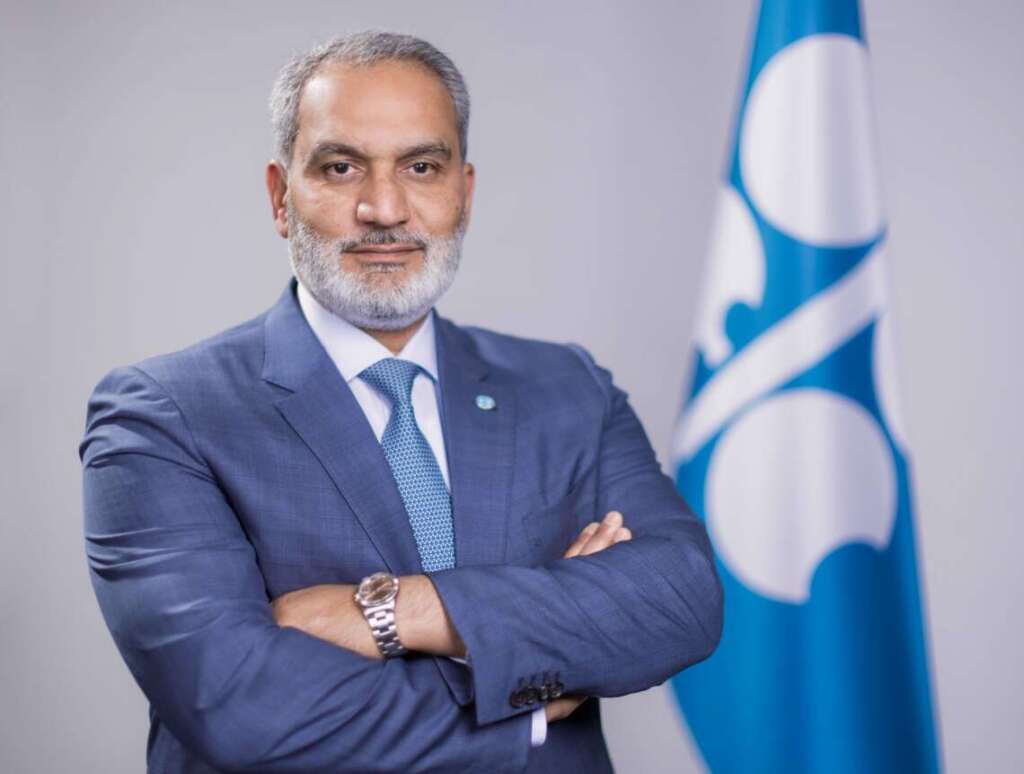
World Oil Outlook 2025 Unveiled
In a key highlight of the seminar, OPEC officially launched its 2025 World Oil Outlook (WOO) report — the first time the annual forecast was unveiled during the organisation’s flagship gathering. The report outlines medium- and long-term projections for oil demand, supply, investments, and global energy dynamics through 2045.
Al Ghais described the WOO as a vital resource for policymakers and industry leaders. “The report provides robust analysis and insight into the complex and interrelated factors that will shape the global oil market in the years ahead,” he said. “It serves as a strategic guide for understanding trends in energy consumption, production, and the transition landscape.”
According to the most recent OPEC estimates, global oil demand is expected to rise from around 104 million barrels per day in 2024 to approximately 116 million bpd by 2045, driven largely by growth in non-OECD countries, particularly in Asia, the Middle East, and Africa. However, Al Ghais cautioned that achieving this level of supply will require an estimated $14 trillion in cumulative oil sector investment over the same period.
UAE Reaffirms Oil Production Target
On the sidelines of the seminar, the UAE’s Ministry of Energy and Infrastructure reaffirmed its commitment to increasing national production capacity to 5 million barrels per day (bpd) by 2027 — a target first set as part of its long-term energy strategy.
“There is no change to the UAE’s production capacity goal,” the Ministry said in a statement. “Our commitment to energy security and market stability remains firm. We are investing in upstream and downstream capabilities and modernising infrastructure to meet future demand responsibly.”
The UAE, one of OPEC’s largest producers, has continued to pursue a balanced energy policy that supports both hydrocarbon development and low-carbon initiatives. State-run Abu Dhabi National Oil Company (ADNOC) is spearheading multi-billion-dollar investments in expanding output, including major onshore and offshore projects, while simultaneously investing in clean technologies such as carbon capture, hydrogen, and renewable energy.
Energy Security and Transition Must Go Hand-in-Hand
OPEC’s Al Ghais also addressed the growing global debate over the energy transition, stressing the need for a realistic and inclusive approach. “The transition must consider all energy sources and technologies,” he said. “We need to move away from narratives that pit one source against another. Oil will continue to play a central role in the global energy mix for decades to come.”
The OPEC chief argued that demonising fossil fuels without offering viable and scalable alternatives could endanger energy access and affordability, especially in the Global South. Instead, he called for greater cooperation between energy producers, consumers, and international organisations to develop practical and balanced transition pathways.
The International Energy Agency (IEA) and OPEC have often clashed over future energy forecasts, with the IEA projecting peak oil demand before 2030 under its net-zero scenarios, while OPEC believes demand will continue to grow steadily through the mid-2040s.
Still, both agencies agree on the need for diversified investment and the critical role of emerging technologies in decarbonising the energy sector.
A Call to Action
As oil prices hover near $85 per barrel amid tight supply and ongoing geopolitical tension, the tone of the Vienna seminar reflected both caution and urgency. The message from OPEC and its partners was clear: energy security cannot be taken for granted, and sustained, inclusive investment is essential to meet rising demand and ensure a fair and stable global energy future.
The next phase, according to Al Ghais, involves deeper collaboration among oil producers, consumer nations, financial institutions, and technology providers.
“We stand at a crossroads,” he concluded. “We must work together to ensure that future generations inherit not only a cleaner planet but also a stable and equitable energy system.”

